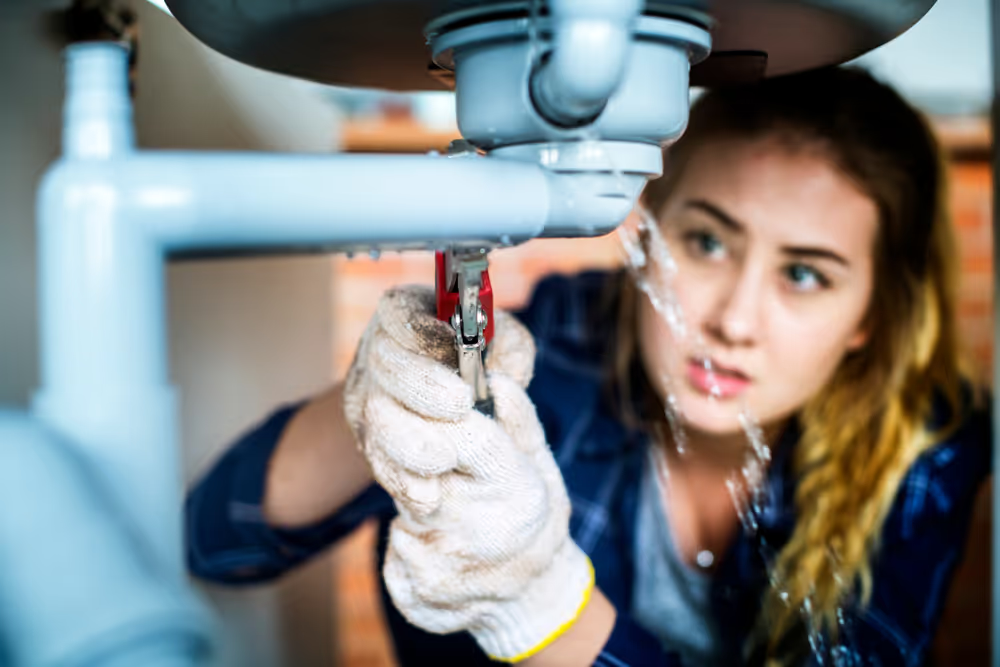What Not to do After a Flood
It is estimated that over the next three decades, the cost of flood damage will increase by 26 percent.

Floods are among the most devastating natural disasters, causing extensive damage and significant safety risks. According to the Federal Emergency Management Agency (FEMA), flooding causes an average of $8.2 billion in damages annually in the United States. In the aftermath of a flood, knowing what actions to avoid is as crucial as knowing what steps to take. Here are some essential yet often overlooked tips on what not to do after a flood.
Do Not Return Home Until It’s Declared Safe
One of the most important steps after a flood is to wait for official clearance before returning home. Floodwaters weaken structural foundations, making buildings unsafe. Additionally, hidden hazards like live electrical wires and contaminated water pose severe risks to the people on your property. Always wait for local authorities to declare your area safe before you re-enter your home.
Avoid Using Your Well Water Immediately
If your home uses well water, it’s essential not to use it immediately after a flood. Floodwaters contaminate wells with dangerous bacteria and chemicals. Using this water for drinking, cooking, or cleaning poses serious health risks. According to the Centers for Disease Control and Prevention (CDC), well water should be tested for contamination after any flooding event so make sure local health officials test your well water before resuming use.
Do Not Ignore Potential Mold Growth
Mold starts growing within 24 to 48 hours after flooding. Ignoring potential mold growth leads to an array of issues, including serious property damage. Once it’s safe to re-enter your home, promptly remove wet materials and thoroughly dry affected areas to prevent mold proliferation. It is a good idea to hire professionals for a thorough inspection and remediation.
Don’t Underestimate Electrical Hazards
Water and electricity are a dangerous combination. Even if power has been restored to your area, do not turn on electrical appliances or systems until a qualified electrician has inspected them. Floodwaters damage electrical systems and increase the risk of fire and electrocution. The Electrical Safety Foundation International (ESFI) recommends having an electrician check your home’s wiring and appliances after any flooding event.
Refrain from Immediate DIY Repairs
While it may be tempting to start cleaning and repairing your home immediately, doing so without proper knowledge and equipment causes more harm than good. Floodwater carries hazardous materials, including sewage, chemicals, and debris. It’s always best to contact professional restoration services like Rocky Top Restoration, who have the expertise and equipment to safely and effectively handle flood damage.
Avoid Entering Floodwaters
Floodwaters are often more dangerous than they appear. The force of moving water is powerful and unpredictable. According to the National Weather Service (NWS), only six inches of moving water knocks you off your feet, and two feet of water sweeps away a vehicle. Stay out of floodwaters whenever possible to avoid these risks.
Do Not Neglect Insurance Documentation
After a flood, documenting the damage is crucial for insurance claims. However, it’s essential not to start cleaning up before thoroughly documenting the damage with photos and videos. Neglecting this step complicates the claims process and potentially reduces your compensation.
Don’t Forget to Check for Structural Damage
Flooding causes significant structural damage that may not be immediately visible. Before re-entering your home, check for any signs of foundation issues, cracks in walls, or other structural problems. If you notice any signs of damage, contact a professional inspector to assess the safety of your home.
Ensuring Safety and Effective Restoration
Navigating the aftermath of a flood involves careful consideration of what actions to take and, just as importantly, what actions to avoid. By following these tips, you protect your safety and property. For professional flood damage cleanup and restoration services, contact Rocky Top Restoration in Knoxville, TN. Our experienced team is ready to help you through every step of the recovery process!
Need Immediate Help?
We Are Available 24/7!




